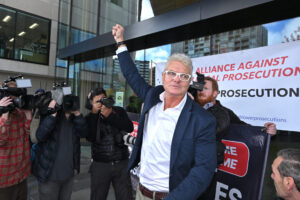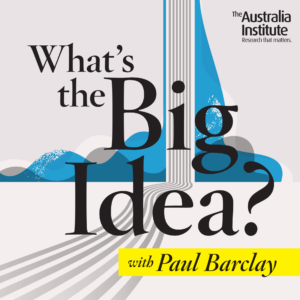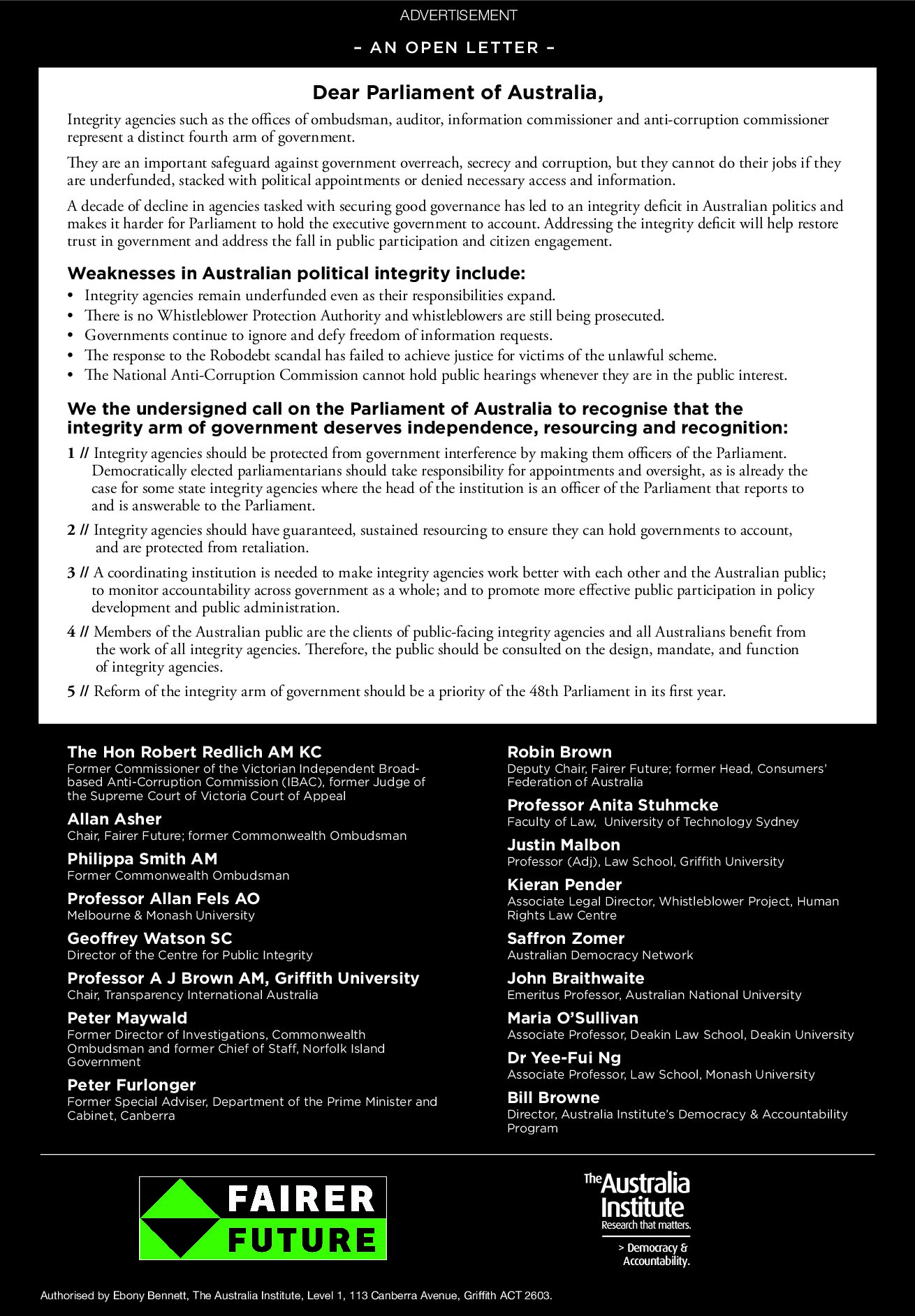An Australian whistleblower rewards scheme could reduce white-collar crime while raising billions in revenue
It is not often we can look to America for good public policy – but they have one good idea about helping encourage corporate whistleblowers while also raising revenue.
Whistleblower reward schemes have helped the United States recover over US$88 billion (AU$134 billion) from wrongdoers, and pay over US$S11 billion to whistleblowers. If Australia had a similar system, it could reduce white-collar crime while paying for itself many times over.
White-collar crime weakens Australia’s social fabric, subverts our democracy, and distorts our economy. Corporate scandals – from the financial misconduct revealed by the Banking Royal Commission to the PwC tax scandal, to revelations of corporate wage theft and tax evasion –demonstrate white-collar crime remains common and widespread.
White-collar crimes are often hidden and hard to detect. For example, consumers may never find out that a secret price-fixing cartel has kept product prices artificially high. Whistleblowing, the act of revealing information about illegal or unethical behaviour of an organisation, brings covert conduct into the open where it can be detected, prosecuted, and deterred. And when whistleblowing is encouraged, trust between conspirators breaks down because they know that co-conspirators or bystanders have an incentive to expose their wrongdoing.
Australia has strengthened protections and supports for private-sector whistleblowers. However, these policies remain inadequate and whistleblowing in Australia is still a personally costly and risky act.
The Australia Institute originally proposed creating a whistleblower rewards system in 2003 and has done so again in 2024.
The United States has several whistleblower rewards systems that have reduced white-collar misconduct including financial crimes, fraud, and foreign corruption. The most successful, the False Claims Act, criminalises knowingly submitting false claims to the federal government.
Whistleblowers, including the employees or ex-employees of a company defrauding the government, can sue on behalf of the government. If the suit is successful, the whistleblower can receive 15 to 30% of recovered proceeds. As shown in the chart above, the False Claims Act has recovered nearly US$53 billion since 1986 with whistleblowers receiving nearly US$9 billion in rewards.
The largest whistleblower reward ever awarded was US$279 million (AU$400 million), related to a legal settlement of US$1.1 billion. According to the Wall Street Journal this related to the telecommunications giant Ericsson over “allegations it conspired to make illegal payments to win business in five countries”.
Implementing a whistleblower rewards system would provide regulators with a new and effective tool in reducing white-collar crime across Australia. Such a system would pay for itself many times over. By reducing the prevalence of white-collar crime, a whistleblower rewards system would help rebuild Australia’s damaged social fabric, enhance the integrity of its economy, and help ensure democracy is not undermined by corporate misbehaviour.
Between the Lines Newsletter
The biggest stories and the best analysis from the team at the Australia Institute, delivered to your inbox every fortnight.
You might also like
Voters overwhelmingly support stronger whistleblower protections – new poll
New polling research by The Australia Institute reveals that 86% of Australians want stronger legal protections for whistleblowers.
Safe to speak: protecting the whistleblower | Kieran Pender
For most would-be whistleblowers, the cost of courage is way too high. A whistleblower protection authority would ease their path.
Open letter calls on newly elected Parliament to introduce Whistleblower Protection Authority, sustained funding for integrity agencies to protect from government pressure.
Integrity experts, including former judges, ombudsmen and leading academics, have signed an open letter, coordinated by The Australia Institute and Fairer Future and published today in The Canberra Times, calling on the newly elected Parliament of Australia to address weaknesses in Australian political integrity. The open letter warns that a decade of decline in agencies



